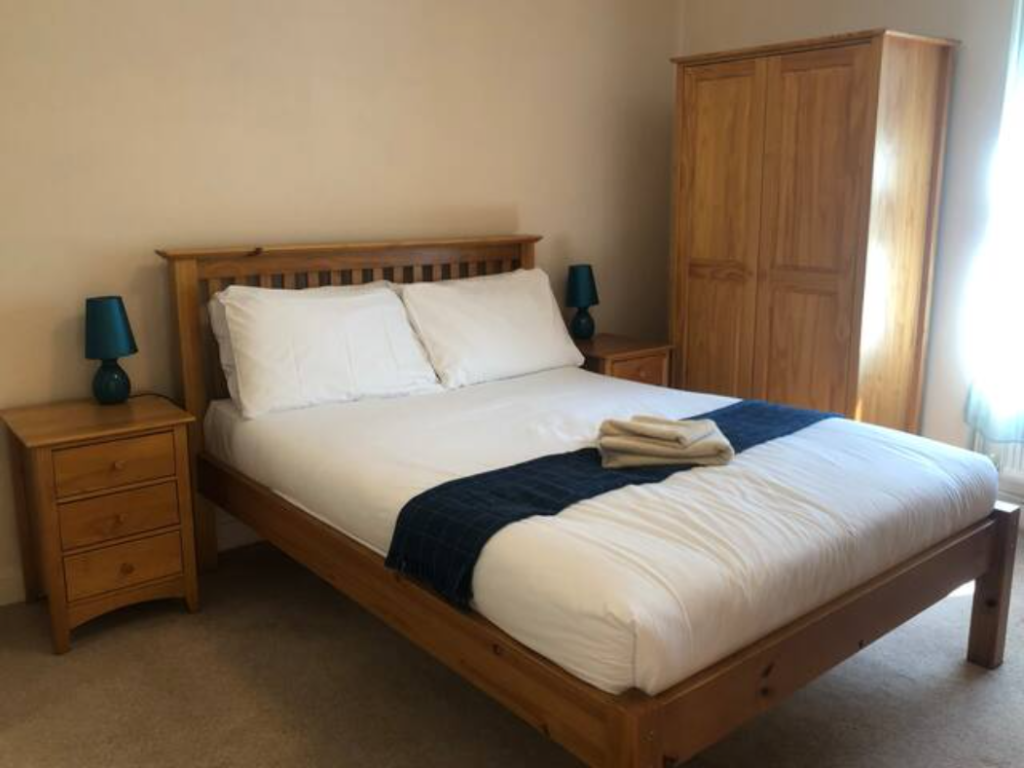Are you a homeowner looking to make some extra cash? Renting out your property as a short term rental might be the perfect solution. However, it’s important to know the ins and outs of renting out your house before jumping in. To help you out, here’s everything you need to know.
1. Legal Requirements
Before you can rent out your property as a short term rental, you must make sure that it complies with all legal requirements. This includes obtaining the correct permits and licenses, making sure that the property meets safety regulations, and ensuring that all necessary insurance policies are in place. Failure to do so can result in hefty fines or even legal action.
2. Finding Guests
Once you’ve ensured that your property is legally ready for renting as a short term rental, the next step is finding guests. There are several ways to go about this, including listing your property on property websites or working with letting agents. It’s important to thoroughly vet potential guests to ensure that they are reliable and able to pay on time.
3. Setting the Price Per Night.
Determining the appropriate nightly cost for your property can be tricky. It’s important to research the current market rates for similar properties in your area to ensure that you’re not over or undercharging. Factors such as location, size, and amenities will all play a role in determining the appropriate cost.
4. Property Maintenance
As a landlord, it’s your responsibility to ensure that your property is well-maintained and in good condition. This includes regular inspections, repairs, and upgrades as needed. Failure to maintain your property can result in unhappy guests, bad reviews and legal issues.
5. Rental Agreements
A rental agreement is a legally binding contract between you and your guests. It outlines the terms and conditions of the rental agreement, including the cost per night, payment schedule, and length of the stay. It’s important to have a clear and comprehensive rental agreement in place to avoid any misunderstandings or disputes.
6. Security Deposit
Most landlords require guests to pay a security deposit before checking in. This deposit is used to cover any damages that the guests may cause to the property during their stay. It’s important to clearly outline the terms of the security deposit in the rental agreement to avoid any confusion or disputes.
7. Tax Implications
Renting out your property can have tax implications. You may be required to pay income tax on the rent you receive, as well as capital gains tax if you sell the property in the future. It’s important to seek professional advice to ensure that you’re meeting all of your tax obligations.
8. Dealing with Disputes
Disputes between landlords and guests can arise, and it’s important to know how to handle them. The first step is to try to resolve the issue through open communication. If this doesn’t work, you may need to seek legal advice or mediation services to help resolve the dispute.
9. Exit Strategy
Finally, it’s important to have an exit strategy in place. This could include selling the property, ending the rental agreement, or finding new guests. Having a clear plan in place can help you avoid any surprises or unexpected issues down the line.
Conclusion
We hope this discussion has helped you gain a better understanding of how to rent out your short term rental. Renting out your property can be a great way to generate extra income, but it’s important to know what you’re getting into. By understanding the legal requirements, finding reliable guests, maintaining your property, and having a clear exit strategy, you can ensure a successful and profitable short term rental experience.
Are you looking to turn your house into a serviced accommodation? Prepared to begin leasing your property, join Your Night Inn now. You can enjoy 0% commission and 100% direct bookings.
We accept whole house and apartment listings with all the usual home comforts, including living areas, fully equipped kitchens, and bedrooms. Join us today and start maximising your profits.





